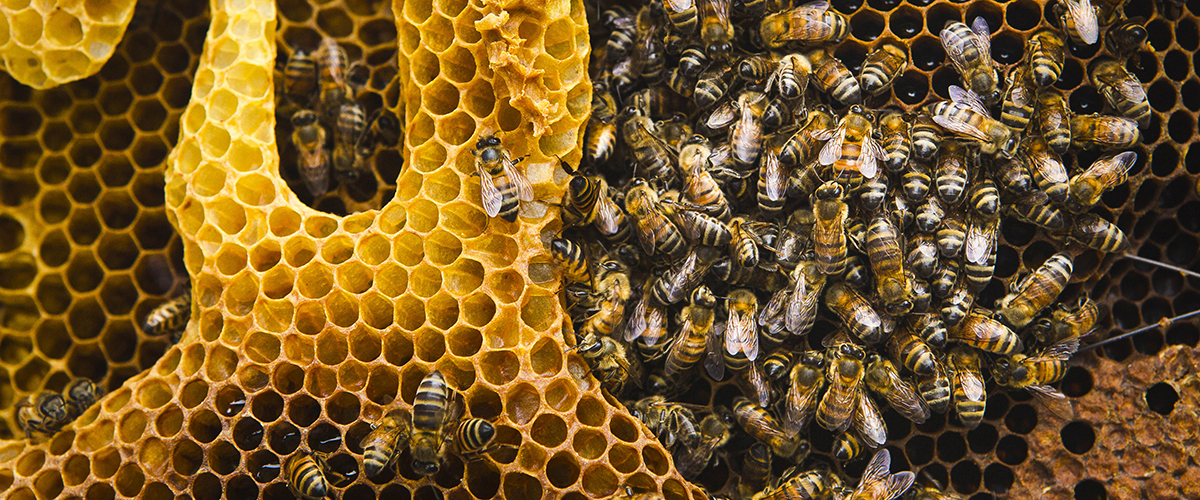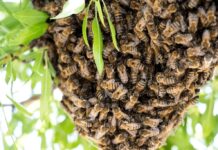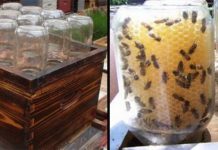
The value of bees
Bees and other pollinators, such as butterflies, bats and hummingbirds, are increasingly under threat from human activities.
Pollinators allow many plants, including many food crops, to reproduce. Not only do pollinators contribute directly to food security, but they are key to conserving biodiversity – a cornerstone of the Sustainable Development Goals. They also serve as sentinels for emergent environmental risks, signaling the health of local ecosystems.
Invasive insects, pesticides, land-use change and monocropping practices may reduce available nutrients and pose threats to bee colonies.
To raise awareness of the importance of pollinators, the threats they face and their contribution to sustainable development, the UN designated 20 May as World Bee Day.
Why this date?
20 May coincides with the birthday of Anton Janša, who in the 18th century pioneered modern beekeeping techniques in his native Slovenia and praised the bees for their ability to work so hard, while needing so little attention.





